BOONE, N.C. — For the second time in two years, the Mandela Washington Fellows – highly accomplished and promising young professionals ages 25 to 35 – are hard at work at Appalachian State University.
Appalachian’s cohort of fellows, 25 men and women from 20 African countries belong to a select group of fellows studying leadership and related subjects this summer in the United States. The fellows will engage on the campuses of 38 institutions of higher learning – also known as Institute Partners – over a six-week period. The Appalachian fellows arrived in Boone June 16. The Mandela Washington Fellowship for Young African Leaders – sponsored by the U.S. Department of State and supported in its implementation by the International Research and Exchanges Board (IREX) – is both the flagship program and one of three key features of the Young African Leaders Initiative (YALI).
Appalachian’s participation in the Mandela Washington Fellowship is reflective of several broad objectives that are priorities for the university: sustainability, global outreach and community engagement. And the exchange is positive for both the fellows and the Appalachian Community.
“In the short time they are with us, the Mandela Fellows have opportunities to sample the generosity of the hosts from our community and benefit from the powerful commitment of our faculty, staff and regional leadership,” Chancellor Sheri N. Everts said. “In turn, the students’ high expectations, enthusiasm and aspirations give us hope for a brighter future and inspire us.”
Only one of 64 is chosen
The fellows chosen are victors of a highly competitive process.
Just 1,000 candidates were awarded the fellowship, standing out in a pool of 64,000. They were awarded the fellowship because they were able to demonstrate to the selection committee they had made a difference in their communities through efforts at schools or non-governmental organizations (NGOs), and that the fellowship would enable them to build on those accomplishments.
In some cases, the fellowship came with a price:
“The fellows have sacrificed a lot to be here,” said Dr. Jesse Lutabingwa, associate vice chancellor for international education and development at Appalachian and the co-director of the university’s fellows program.
“Although some fellows are encouraged by employers and communities to participate in this prestigious program, others have faced adversity either from their employers or extended family members. As such, we want to make sure we give them something they can take home and use.”
A powerful package to take home
Working closely with the U.S. Department of State and the IREX, Lutabingwa and Dr. Brian MacHarg, the university’s director of academic civic engagement and co-director of Appalachian’s fellows program, designed Appalachian’s program to challenge, inspire and empower the fellows. Anticipated outcomes include:
- Civic engagement and leadership skills honed in workshops taught by Appalachian professors and other leaders from Boone;
- Knowledge of best practices at U.S. nonprofits and how they might be adapted on the ground in sub-Saharan Africa;
- Development of a resource toolkit including an action plan for addressing challenges back home; and
- Plans that will allow engagement with Appalachian partners after they leave Boone.
The workshops and a toolkit
The workshops covered a variety of topics – “Citizenship, Civic Engagement and Civic Leadership”; “Volunteerism in the U.S.”; “Social Entrepreneurship – Seeing the Opportunity: The Unity Between Needs and Solutions”; “Fundraising for Nonprofit Organizations”; “Grant Writing”; and “Communication and Marketing for Non-Profit Organizations” – and exposed the fellows to different leadership styles.
Joaquina Andre Raimundo Capita of Angola said she has developed a deeper understanding of servant leadership and will apply those concepts to her directorship of My Choice, a program that mentors youth.
“You take the lead,” she said, describing a central tenet of servant leadership. “You don’t order people around.”
Each fellow developed a personal toolkit during their stay at Appalachian. For it, they crafted an elevator pitch, a TED-style presentation called an “Ignite” talk and an action plan. View some of the Ignite talks here.
This toolkit is designed to help the fellows marshal greater support for their organization in Africa and enhance their ability to tackle challenges as they arise. The elevator speech defines precisely what the fellows want to convey about their goals and or action plan.
Volunteerism
For five days of their stay here, the fellows visited with – and in some cases volunteered for – non-profits in the area, including Blue Ridge Women in Agriculture, Wine to Water, Western Youth Network Inc., Lively Up Farm and Upward Bound. They were able to exchange ideas with staff members and to consider how their leadership practices might be adapted to non-governmental organizations and institutions in sub-Saharan Africa.
On Mandela Day, July 18, the fellows volunteered in the fields of Lively Up Farm, an enterprise in Valle Crucis started by Matt Cooper '03 '08, which donates the surplus of its harvest to food-insecure homes in the region.
Fellow Shiela Chikulo of Zimbabwe noted how prominent volunteers have been in the nonprofits she visited. While volunteerism is a factor in Zimbabwe’s NGOs, “there’s more room to take in volunteers” in Zimbabwe, she said.
A taste of High Country hospitality
The fellows’ schedule also allowed for a good taste of United States culture. They attended Boone’s Fourth of July parade and had field trips to Grandfather Mountain, Linville Caverns and the state capitol in Raleigh.
Over two weekends, each fellow got a close-up view of Boone family life as the houseguest of a Boone area host. Frank and Angie Horton hosted fellows in their Boone home this year and last.
“I think they learn that many of our concerns and issues are similar to the ones their families face,” Angie Horton said. “They have each told us they did not expect the openness they have experienced from people they have met in the U.S. We have learned about the giftedness these fellows have and some really amazing work they are doing.”
A promise to remain engaged – on both sides of the Atlantic
Lutabingwa and MacHarg want to remain connected to Appalachian fellows after they return home and have plans to enhance the relationships there.
Thanks to a Reciprocal Exchange Award funded by the U.S. Department of State, MacHarg traveled to Niger this past March to help 2016 Fellow Dr. Issoufa Bachir Bounou implement a project related to servant leaders and civic engagement. The project “has really improved the quality of our NGO interventions,” Bounou said.
MacHarg would like collaborative efforts of this kind to continue – seeing in them ways for Appalachian’s students to benefit.
“We are hoping to place students from Appalachian State University into internship positions, which would enable them to work for NGOs in Africa,” MacHarg said. “Bachir and other fellows like him are very talented professionals who would, in turn, serve as great internship mentors for our students.”
“Drs. Jesse and Brian are my mentors,” Bounou said. “I share with them my personal and professional progress in or out of my action plan and get relevant advice from them.”
On to Washington, D.C.
On July 30, all the fellows from the 38 institute partners will meet in Washington, D.C., for the Mandela Washington Fellowship Summit. There, they will take part in networking and panel discussions with leaders from the public, private and non-profit sectors.
During the summit, 100 fellows will be selected by the summit organizers to spend an additional six weeks participating in professional development experiences (PDEs) with U.S. non-governmental organizations, private companies and government agencies.
Mallory Sadler and Jesse Lutabingwa contributed to this report.
What do you think?
Share your feedback on this story.
2016 Mandela Fellows share their successes and strategies
About the Office of International Programs
Appalachian State University combines a strong liberal arts foundation with a comprehensive, pervasive and integrated commitment to global engagement. The Office of International Programs assists App State in fulfilling its global engagement mission by working to develop awareness, knowledge, appreciation and respect of cultural differences — in both domestic and international contexts — in the university’s students, faculty and staff, as well as in the surrounding communities. Learn more at https://international.appstate.edu.
About Appalachian State University
As a premier public institution, Appalachian State University prepares students to lead purposeful lives. App State is one of 17 campuses in the University of North Carolina System, with a national reputation for innovative teaching and opening access to a high-quality, cost-effective education. The university enrolls more than 21,000 students, has a low student-to-faculty ratio and offers more than 150 undergraduate and 80 graduate majors at its Boone and Hickory campuses and through App State Online. Learn more at https://www.appstate.edu.

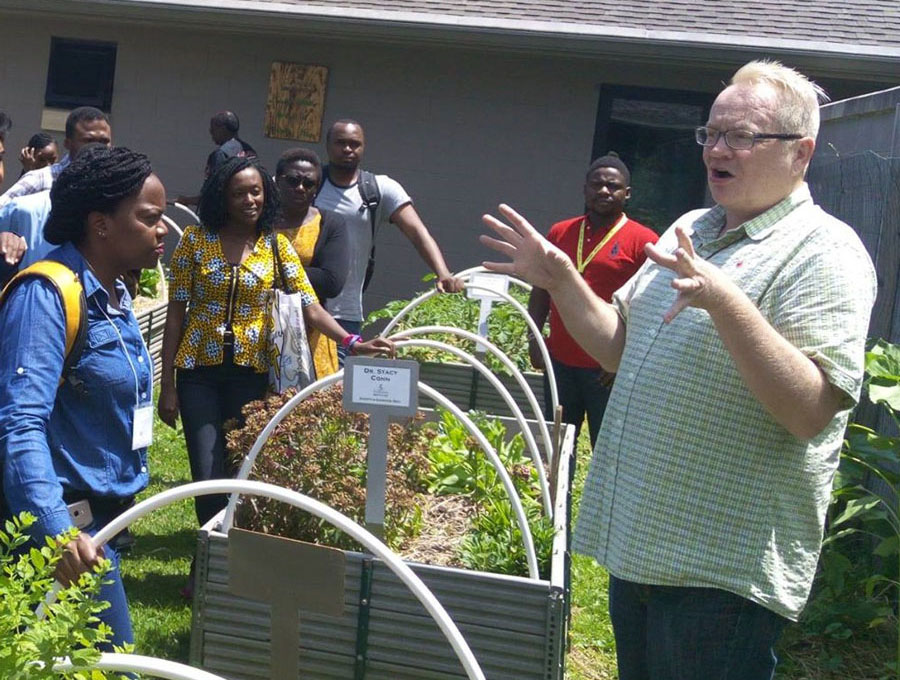
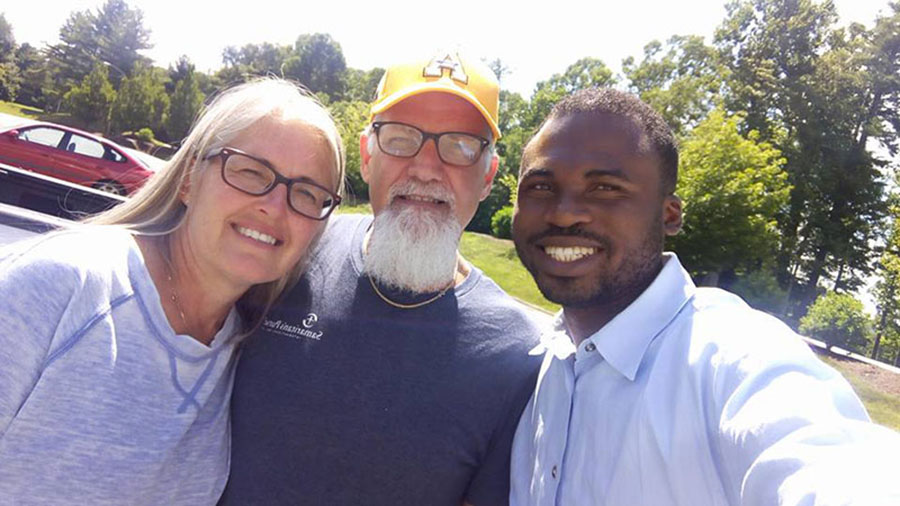
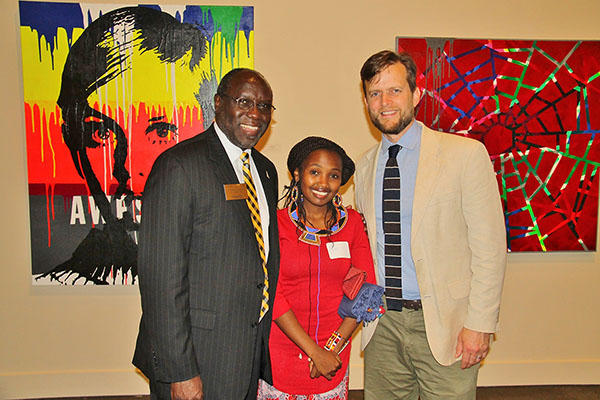
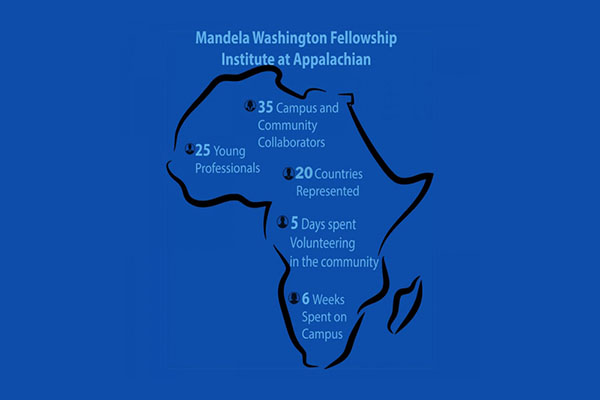
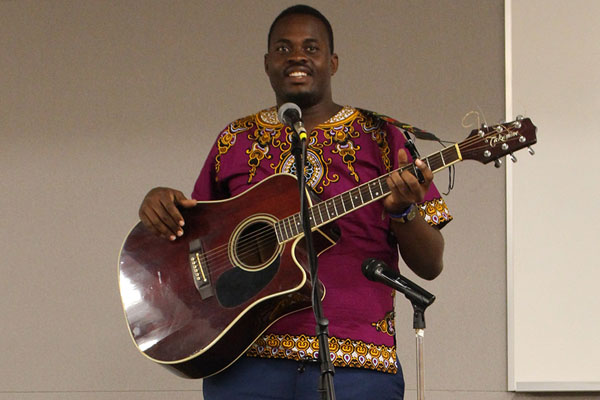
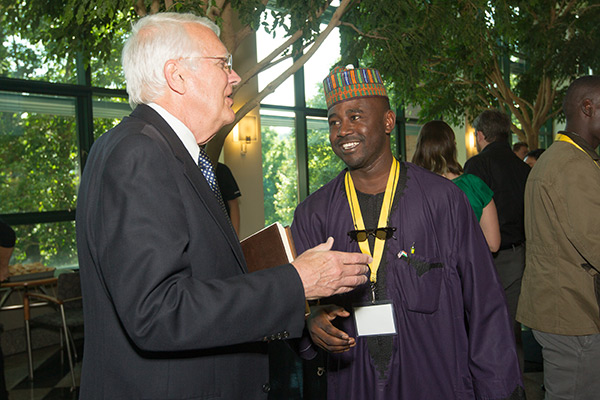



![How NCInnovation Is Rethinking Economic Development in North Carolina [faculty featured]](/_images/_posts/2026/02/rethinking-economic-development-600x400.jpg)







